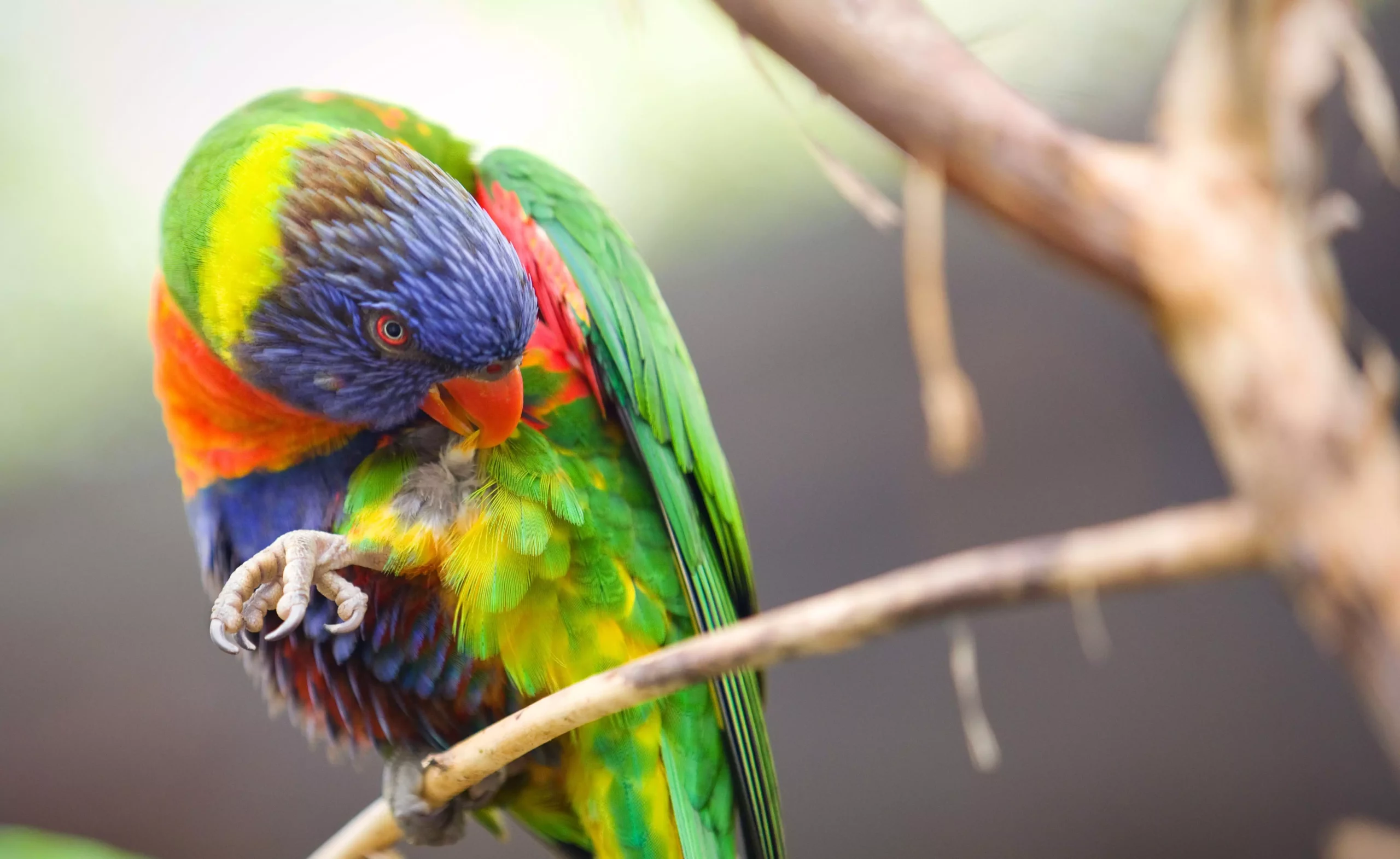Maintaining a harmonious relationship with our feathered friends can sometimes feel like a complex puzzle filled with behavioral challenges. Among the most common complaints from bird owners are issues such as biting, screaming, destructive behavior, territoriality, and feather plucking. To develop effective solutions, it’s crucial to first understand the underlying causes of these behaviors.
One of the most prevalent issues pet owners face is biting. Although bites can be painful and alarming, it is essential to delve deeper into the motivations behind this behavior. Birds may bite for various reasons, including fear, hormonal changes, or a desire to engage in play. A thorough self-assessment is a good starting point: ask what might be triggering this response. Is there something in the environment that causes stress or fear? Could it be that your bird is simply reaching out for interaction?
To combat this behavior, a sensible approach is desensitization, especially for birds that exhibit fear-related biting. Gradually exposing your bird to stressful stimuli in a controlled manner can help alleviate anxiety. Your patience and understanding during this process are key as you help your pet adapt and feel at ease.
While birds are naturally vocal creatures, excessive screaming can present a significant challenge for owners. Such vocalization often stems from boredom, stress, or even depression. Reflect on your bird’s daily routine; are they receiving ample mental stimulation? Once you’ve ruled out any medical concerns with an avian veterinarian, it may be helpful to consult with a parrot behavior specialist if screaming continues unabated.
Birds thrive in environments rich with interaction and mental challenges, making it essential to provide engaging toys and activities. Attempt to enrich their world by regularly introducing new items or experiences to encourage exploration and reduce feelings of monotony.
Birds are inherently curious and intelligent creatures that require a stimulating environment. When they exhibit destructive behaviors, it often indicates a lack of mental engagement or an inappropriate habitat setup. Take time to evaluate how you interact with your bird. Are you involving them in your daily routines? Regular bonding activities not only enhance your relationship but also keep your bird mentally stimulated.
Offering a variety of toys and social interaction can significantly diminish destructive tendencies. Ensure that your pet has safe, designated items to chew on, redirecting their energy away from furniture or other prohibited areas.
Territoriality in birds can manifest during breeding seasons, fueled by hormonal changes. However, this behavior may also reflect a deeper discontent in your pet. If your bird is demonstrating heightened defensiveness or aggression, take the time to strengthen your bond. Engage in bonding exercises that promote trust and comfort.
If initial efforts don’t yield improvements, consider professional consultation. A parrot behavior expert can provide tailored strategies suited to your bird’s unique personality and circumstances.
Feather plucking is particularly concerning and can indicate severe underlying issues such as depression or an unsettling environment. If you notice your bird engaging in this destructive behavior, consult with an avian veterinarian urgently; rule out diseases such as psittacine beak and feather disease (PBFD).
Should medical factors be excluded, examine the quality of care provided to your pet. Issues such as cramped living conditions, inadequate nutrition, or insufficient attention can lead to stress. By ensuring a clean, spacious cage and a strong, caring relationship, you promote your bird’s overall wellbeing.
Addressing behavioral concerns in pet birds requires attention to their psychological and environmental needs. By being proactive in understanding your bird’s behavior, offering appropriate stimulation, and ensuring proper care, you can cultivate a fulfilling life for both yourself and your feathered companion. If challenges persist, seeking help from trained professionals will provide the guidance needed for improvement and peace in your shared home.

